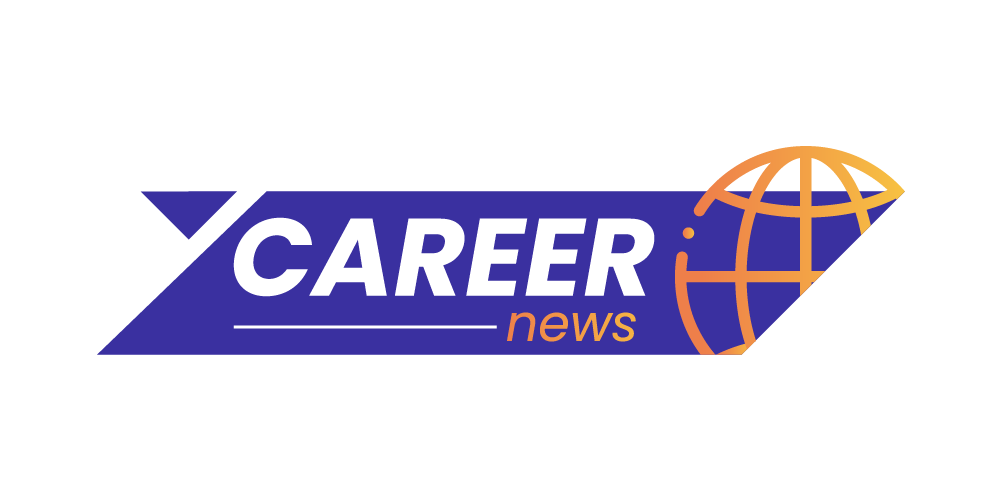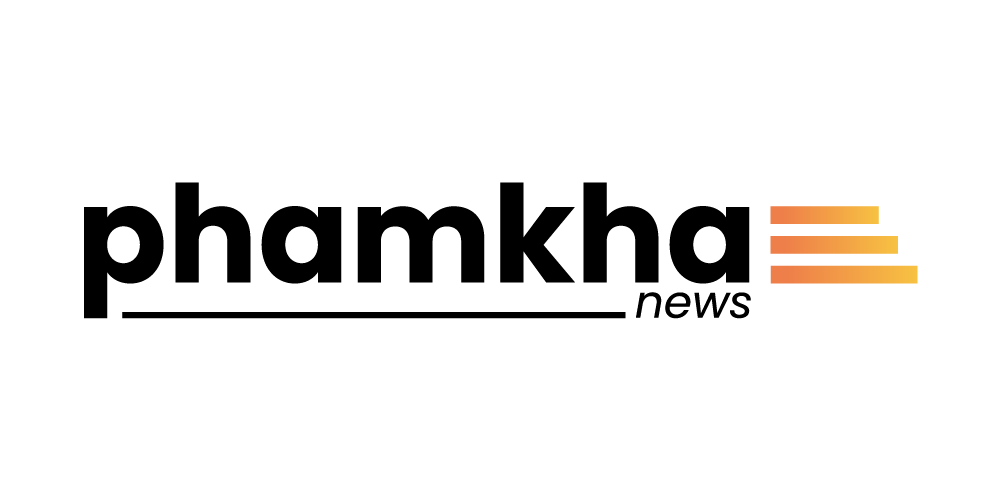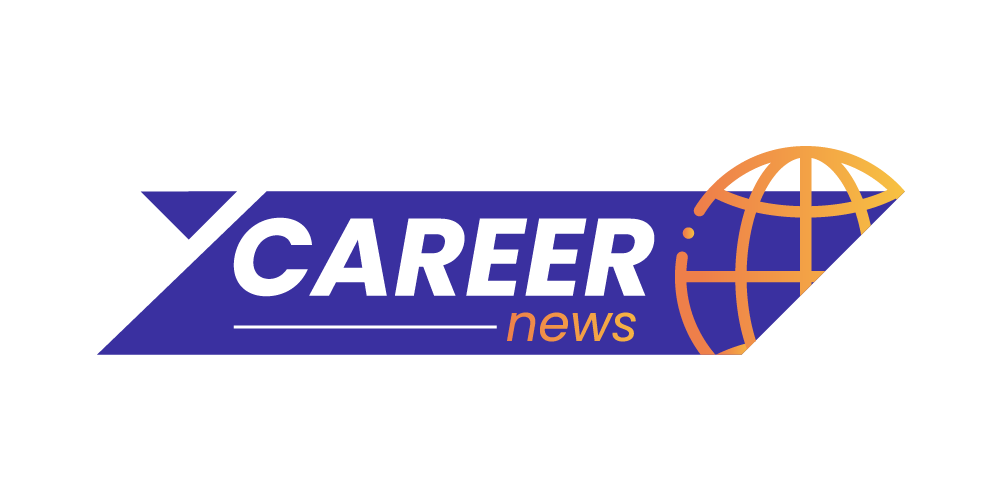Nearly 5 billion people around the world use the internet on a regular basis - and the number of active users continues to increase
These people aren’t just checking email for a few minutes either - according to a HootSuite report from 2019, the average internet user spends almost 7 hours per day online.
If marketing is all about connecting with your audience in the right place and at the right time, then connecting with your audience on the internet must be a priority in 2021.
Enter: Digital Marketing
Whether you’ve worked in marketing for a long time and are trying to adapt to the new world, or you’re just dipping your toes into digital marketing as a new skillset, this post will help you:
- Understand the field of digital marketing
- Learn the 5 types of digital marketing (as well as some new categories)
- Find out the key to being a successful digital marketer
Introducing Digital Marketing
Digital marketing is simply marketing that takes place on the internet.
Anything you or your business does to connect with customers, build a brand, sell products, or generate leads while on the internet is considered digital marketing.
Digital marketing can be performed by an in-house marketing team, digital marketing freelancers, or a digital marketing agency.
Is Digital Marketing More Effective than Traditional Marketing?
To gain a proper introduction to digital marketing, you need to understand its benefits and how it compares to more traditional advertising methods.
The digital marketing industry hasn’t grown like wildfire simply because more people are using the internet. Almost the same number of people watch TV, yet television ad spend has been decreasing over time.
There are three key benefits and advantages digital marketing has over traditional. Let’s look at a marketing example to examine each.
Imagine this: your B2B company is entering into a new territory and wants to generate some brand awareness. You and your team decide to put up some billboards around main roads and run a few LinkedIn ad campaigns focused on your target audience.
Two months pass and you sit down to review data from the campaigns and determine how to allocate your digital marketing budget going forward. You learn your sales team had a great first two months, so something must have worked, right?
As you dig in, you learn the LinkedIn Ads led to 700,000 impressions, 3,000 landing page views, 200 collected emails, and 12 new clients likely to have a lifetime value of $4,000 each. You spent $10,000.
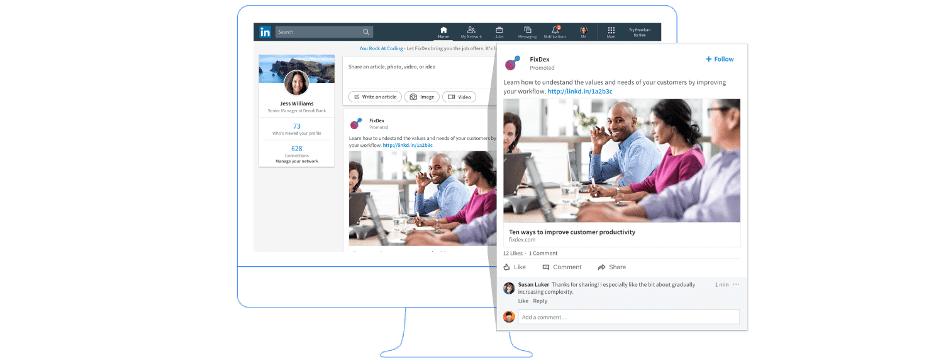
Hootsuite
As for the billboards, you find out an estimated 200,000 people saw the billboard, which might have led to 50 sales conversations. Your sales team estimates 4 sales came as a result of the billboards, but they can’t be too sure. You spent $14,000 on the billboards.

Let’s examine the benefits of the digital marketing campaign:
1. Measurable ROI
Digital marketing is capable of showing end-to-end data of the metrics that matter most to your company. Offline marketing efforts can at best give you estimates.
Digital marketing campaigns give you more than high level metrics like impressions and clicks. If you implement analytics well, and you can calculate the value of sales and new clients, then you can typically measure your ROI (return on investment) as well.
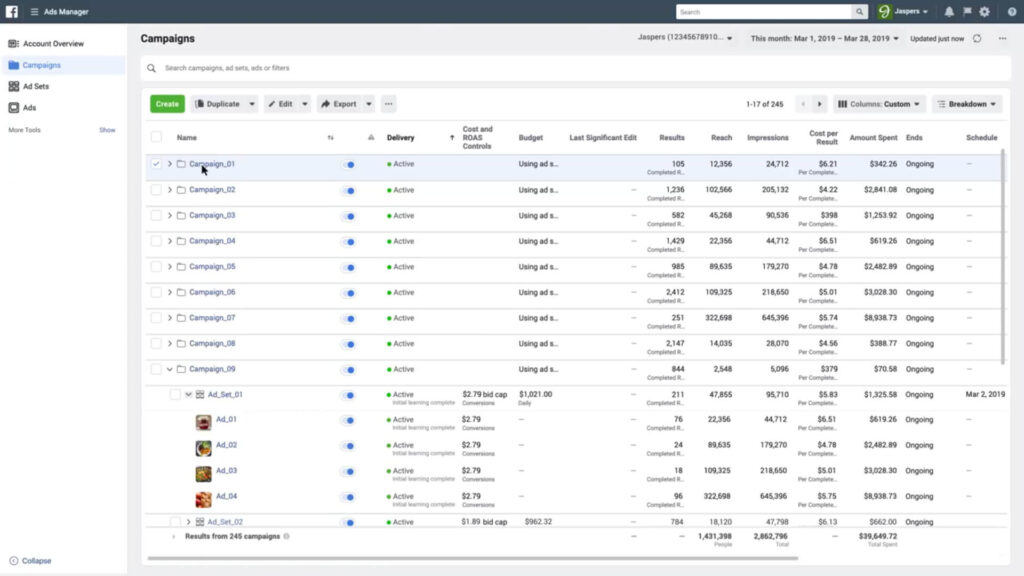
MarTech
This makes it infinitely easier to plan marketing campaigns, make marketing decisions, allocate your budget, and - ultimately - improve your business.
2. Target Prospects Likely to Purchase
If you run offline marketing campaigns like billboards or magazine ads, you have very limited control over who sees the ad. Sure, you can learn the demographics of a town or run an ad in an industry magazine, but you’re still mostly guessing at who will see it.
Digital marketing campaigns allow you to cut through the noise and send your target audience highly personalized messaging.

Channels like SEO allow you to put yourself in front of those looking for solutions you offer, while social media advertising allows you to target very specific demographics, locations, interests, and behaviors.
You can even purchase lists of prospects in the market for your products / services to feed into automated, personalized email campaigns.
3. More Cost Effective Campaigns
Because digital marketing gives you more specificity in targeting, most digital marketing campaigns are more cost effective than traditional tactics.
Estimates show it costs around $35 to reach 1,000 people through a newspaper ad and $20 to reach 1,000 people through a magazine ad.
On the other hand, depending on your industry, it can cost as little as $3 to reach 1,000 people through Facebook ads - and if you target well, there’s a good chance all 1,000 are good fits for your business.
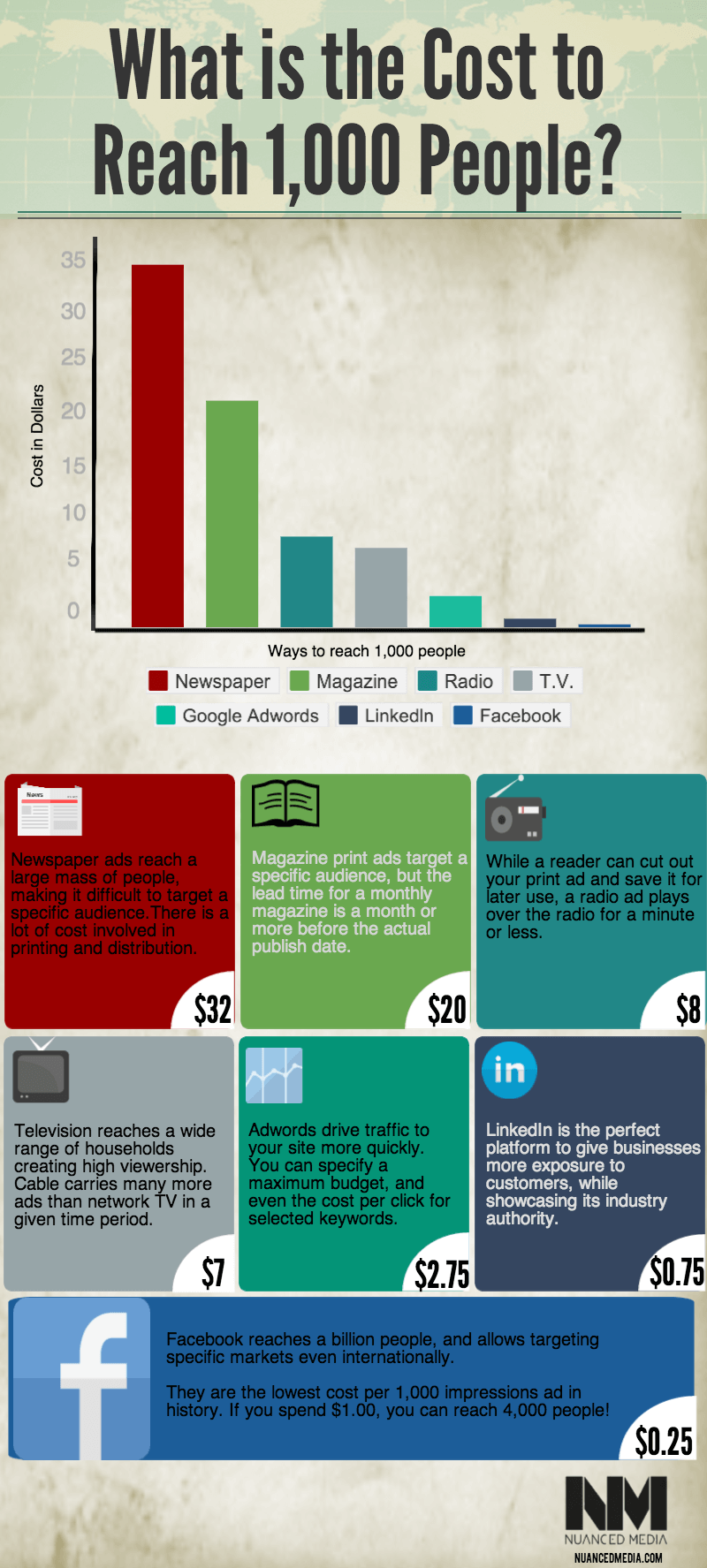
Nuanced Media
Because digital marketing is measurable, allows for specific targeting, and is more cost-effective - it levels the marketing playing field. You don’t need to spend millions of dollars to compete with the big brands in your industry.
It allows for leaner tactics and strategies that can result in smaller brands grabbing serious market share.
What are the Types of Digital Marketing?
If you want to learn digital marketing, a good first step is to understand the different types, fields, channels, and platforms associated with online marketing.
Though there’s some debate, there are probably five main types of digital marketing, along with a few other categories that fall under the digital marketing umbrella:
- SEO. Search Engine Optimization improves your search engine rankings to capture traffic and convert leads who are searching for what you offer.
- PPC. Pay-per-Click advertising can be done on a range of platforms including Facebook, Google, LinkedIn, and more. The goal is typically to generate leads.
- Content Marketing. Content marketing focuses on creating blog posts, videos, white papers, and more to build brand awareness, capture leads, and nurture prospects.
- Email Marketing. Email marketing can be used to accomplish a number of goals, but is typically used to nurture leads through the sales funnel.
- Social Media Marketing. Social media marketing is the strategy behind building a brand and growing an audience on social media platforms like Facebook, Instagram, Twitter, or LinkedIn.
And then there are a few other categories of digital marketing that are often grouped beneath one of the above or encompass multiple types:
- Analytics. Analytics is the work of tracking, organizing, and interpreting data from marketing campaigns. Analytics is (or it should be) involved in all the disciplines above, yet some people in the industry are dedicated full-time to analytics.
- Marketing Automation. Marketing automation streamlines and automates different marketing activities. It’s used often in regards to email marketing, analytics, and sales.
- Sales Enablement. There’s a fine line between marketing and sales teams in 2021, and sales enablement tip toes that line. It involves a marketing team providing their sales team with data, information, content, and more in an effort to make more sales.
- Digital PR. Digital PR is sometimes grouped beneath SEO, but it involves earning mentions, press, and links on external, authoritative, and relevant sites.
- Conversational Marketing. Conversational marketing primarily involves chatbots or similar bots that seek to welcome and nurture site visitors. This category of marketing is growing quickly.
- Web Design. A lot of important actions take place on a company’s website. It can be described as the heart of any effective digital marketing campaign - so the design and copy on the site plays an important role.
You may find a few of these skillsets at digital agencies, while others will be more prominent within creative firms. Learn the key differences between digital and creative agencies.
Some digital marketers specialize in one field, while others generalize in a handful of them.
But most agree the best route to help you master digital marketing is to become well-versed in a single type of digital marketing, while having general knowledge of multiple fields.
We call this a T-Shaped Marketer.
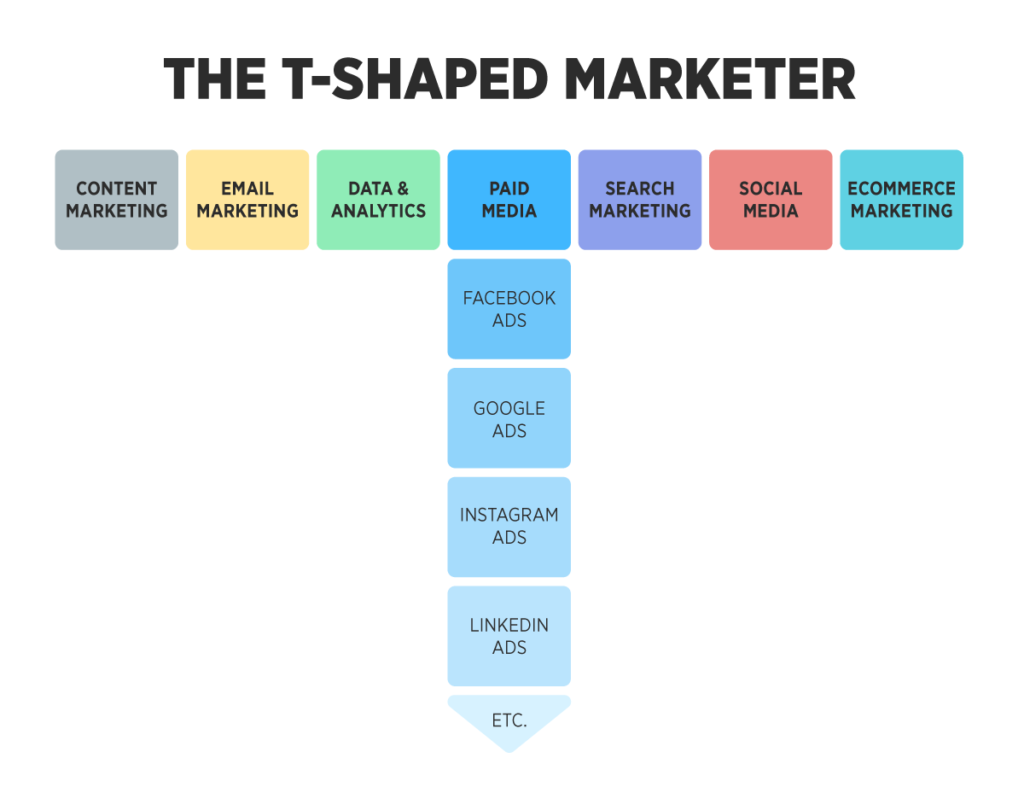
Digital Marketer
What Does a Digital Marketer Do?
Digital marketers are typically dedicated to driving brand awareness and lead generation for their company through the digital marketing channels described above.
Digital marketers are often assigned specific marketing and sales objectives based on company-wide goals.
For instance, let’s say a VP of Marketing or CEO wants to drive sales by 50% this upcoming quarter. Their digital marketing team (or agency) might then be assigned KPI’s (Key Performance Indicators) like:
- Increase website traffic by 50%
- Improve rankings by 30% for target keywords
- Generate 100 form fills
- Collect 200 emails
- Improve Facebook Ad reach by 25%
There may be a team of digital marketers or a single marketer working to achieve these objectives through free and paid digital channels. These metrics will be tracked on some kind of digital marketing reporting dashboard and reviewed regularly to track progress.
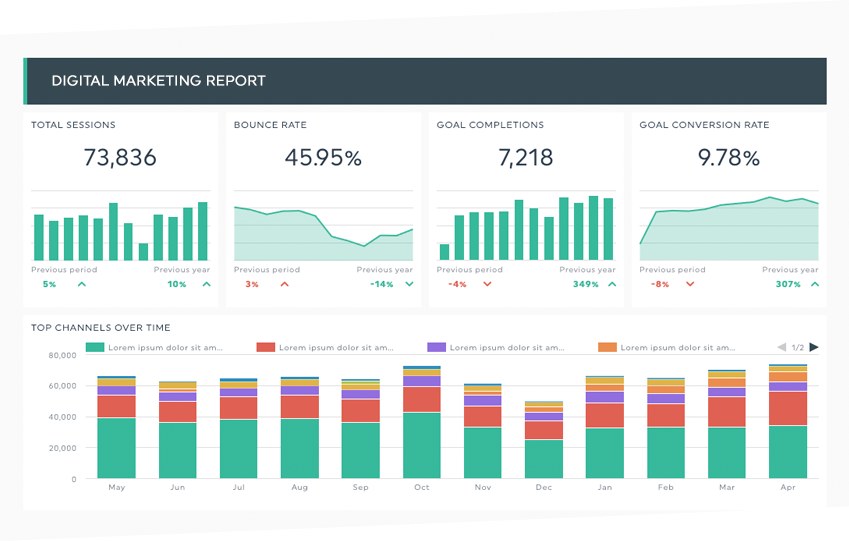
Adlibweb
Due to the always changing nature of the internet, digital marketers spend lots of time testing, experimenting, and learning to stay ahead of the curve.
How Much Do Digital Marketing Services Cost?
Perhaps you’re interested in digital marketing for your business, but feeling overwhelmed about learning to pull off successful campaigns on your own. Not to worry, there are probably hundreds of great agencies, freelancers, and digital marketers for hire within your ecosystem.
Digital marketing costs vary drastically depending on the type of service you’re looking for, what kinds of results you’re after, and how quickly you want them.
Facebook Ads campaigns can cost anywhere from a few hundred per month to $20,000 SGD per month, depending on how far reaching your campaign is and how much you want your agency to optimize them.
You really have to do your research and make sure you vet anyone you’re thinking about paying for digital marketing.
How to Get Started with Digital Marketing
If you’re just getting started on your digital marketing journey, there’s good news: the internet is full of resources to help you learn. Thankfully, our industry is great at sharing helpful information for newcomers to the field. If you’re in the Singapore area, feel free to reach out to us or one of the top agencies in Singapore.
There are countless blogs to follow, courses to take, and certifications you can earn. Some courses and certifications cost a bit - but many are free! The Brew blog is a great place to start and help you avoid common marketing mistakes.
We hope this introduction to digital marketing has served you well. Best of luck on your journey!

